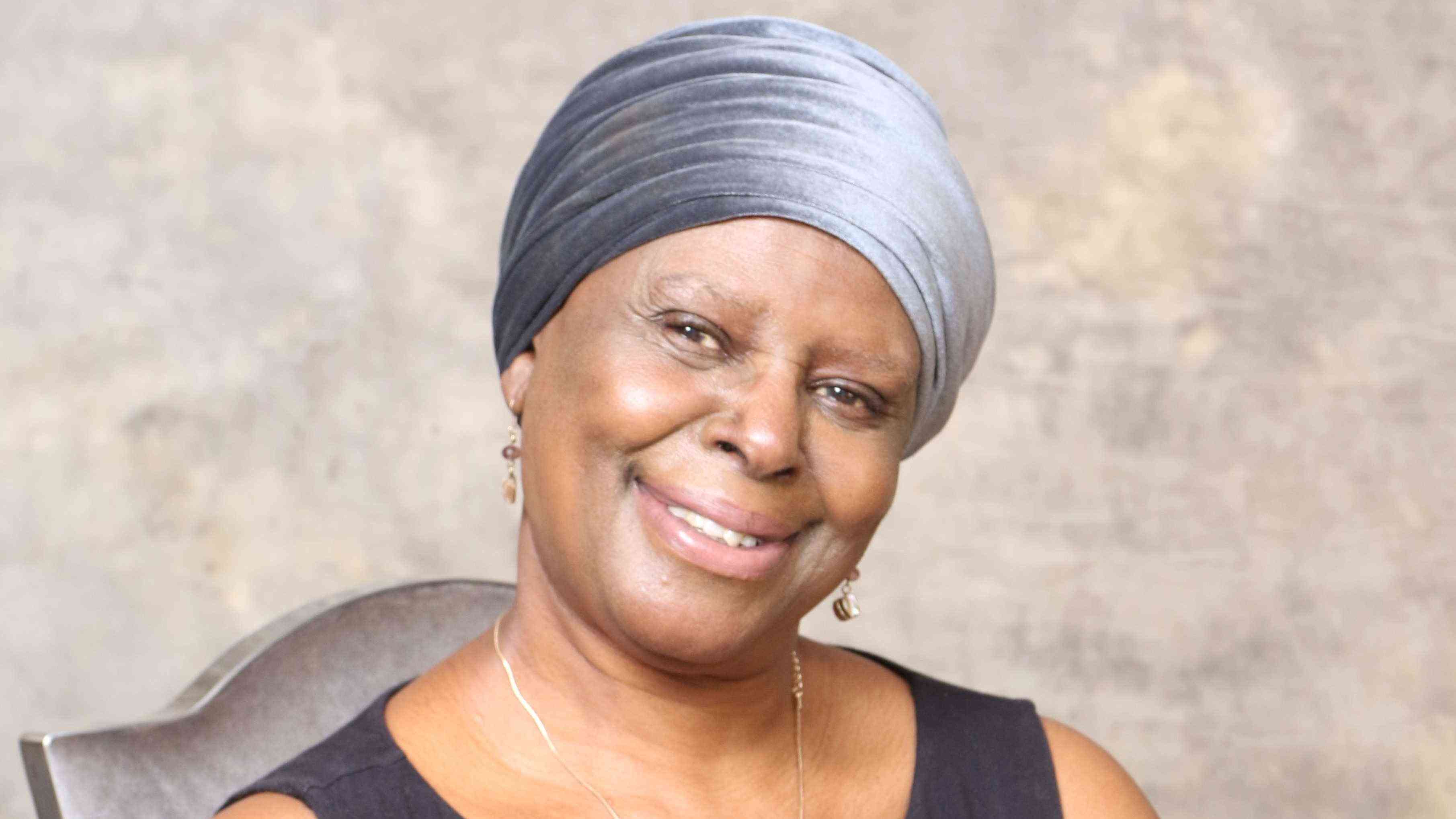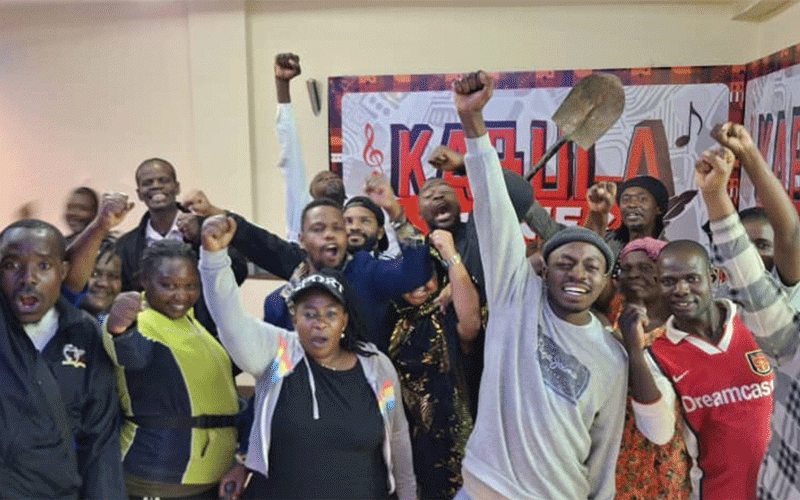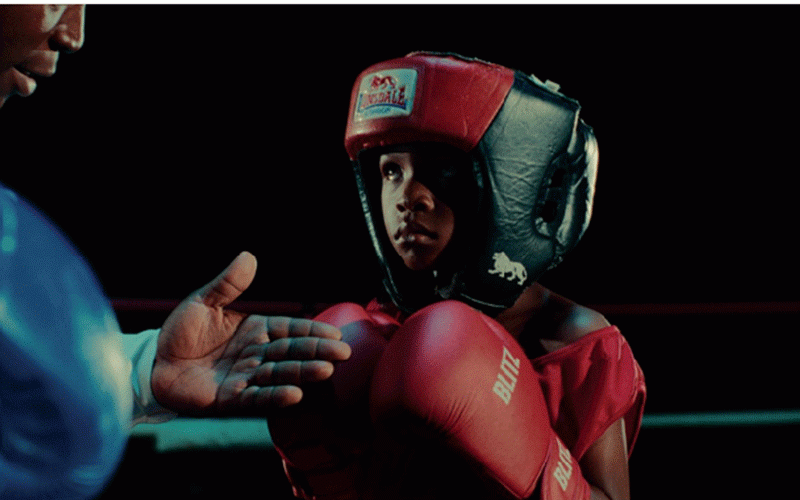
LOCAL women can only find their way into the higher echelons of power if they know the history of their fight for emancipation and agency from the days of Lozikeyi Dhlodlo to today’s Sandra Ndebele Sibindi.
This emerged at the recent screening of Joyce Jenje-Makwenda’s collection archives’ documentary, History of Women Politicians of Zimbabwe, at a Bulawayo club.
In an interview with NewsDay Life & Style, Jenje-Makwenda, who is also the director and producer of the documentary, said she had documented women since 1984.
“The production was born out of my desire to see their history documented and equip them for the 2028 harmonised elections,” she said.
“The idea when she started it all was to find out why women were in politics and try to change the political landscape in Zimbabwe, “to contribute in my small way.”
The documentary follows women’s political participation from the 1890s to today. It looks at the life of formidable women like Lozikeyi, who took over and led the amabutho after the disappearance of her husband, Lobengula.
It narrates how Lozikeyi rallied the amabutho during the Ndebele uprising in 1896 arming them from her husband’s arsenal.
The documentary also highlights other strong women like Mbuya Nehanda, Betty Mutero, Eileen Haddon, Angeline Masuku, Diana Mitchell, the firebrand Margret Dongo, Thenjiwe Lesabe, Thokozani Khupe, Beater Nyamupinga up to the youthful Fadzayi Mahere and Ndebele-Sibindi.
- Copycat or upcoming rival: The story of DJ Maphorisa Lite
- Anti-sanction music gala unites artistes
- Right attitude keeps Sandy going
- Outrage as ministers splurge US$23k at album launch
Keep Reading
It also shows how women like Johanna Mafuyana Nkomo, Victoria Chitepo, Sally Mugabe and Ruth Chinamano found themselves at the political deep-end through the involvement of their husbands in the 1960s to 1970s liberation struggle and how they became formidable politicians.
The documentary demystifies knowledge, attitudes, practices, and behaviours through showing women’s contribution to the political landscape of the country.
It is meant to show women how to pass the baton from one generation to the next, until they reach the stage they want to be.
Also, it exposes young female politicians to the contributions those before them made which allow them to be able to be players today.
The 15 women who attended the screening agreed that the project armed them with lessons and strategies to achieve better outcomes in terms of representation, come 2028 elections.
Political activist Priscilla Tshabalala said the production took her through history and revived her spirit as she, through it, was “able to meet the dead”.
She committed to emulate her predecessors even though she will not join a political party but fight for justice and everyone’s fair representation in all spheres of politics.
“I cannot stand up and say I fight for so and so. I fight for everyone,” Tshabalala said.
Bulawayo female councillors Sikhululekile Moyo (ward 17) and Nokuthula Sibanda, a proportional representative, gave accounts of their journeys in politics, which they said were fraught with challenges.










